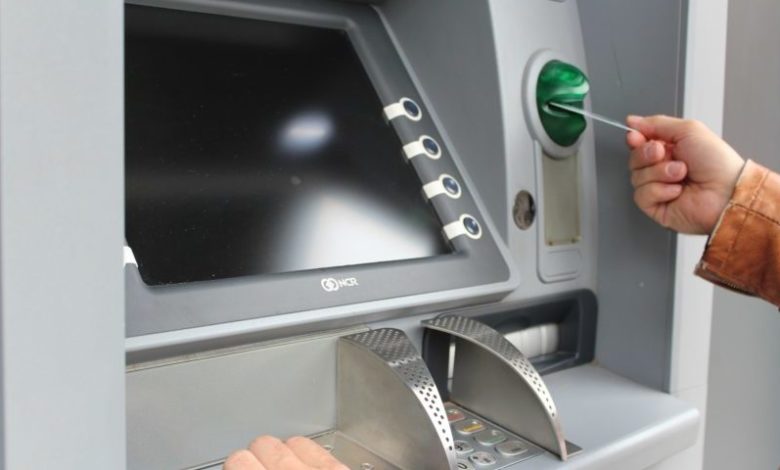Small businesses struggle with poor ATM provision

More than 200 communities in Britain have poor ATM provisions, or no cash machines at all, affecting small businesses.

Join 15,000 retail professionals with a membership
Get unlimited access and stay in the know. First-year special offer pricing. Cancel any time.
You have read 2/2 free articles this month.

How many members should have access to the subscription?
Monthly
Yearly
Save £9.89
No, thanks
I already have an account

More than 200 communities in Britain have poor ATM provisions, or no cash machines at all, affecting small businesses.